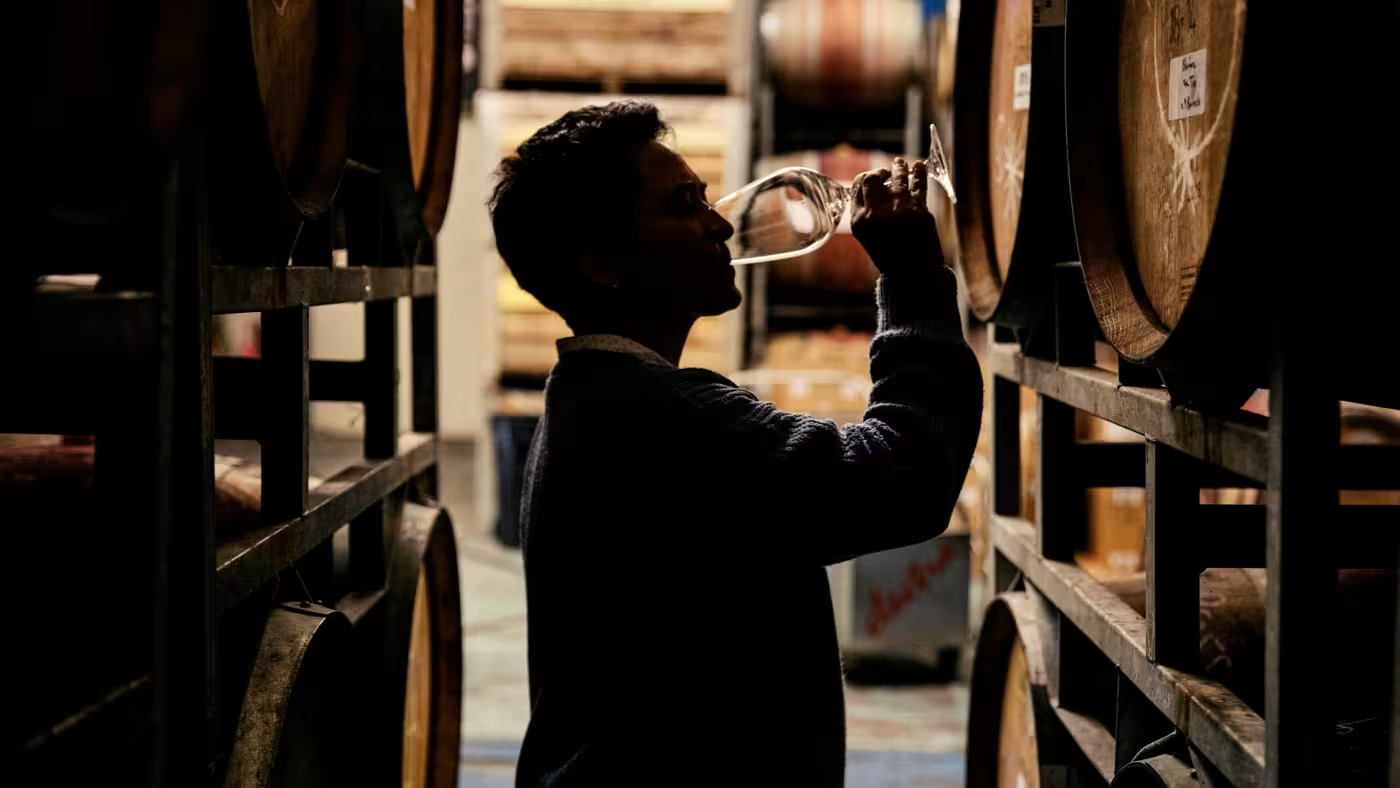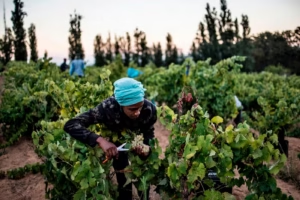
South African Wineries Face 30% US Tariffs, Threatening Exports
South Africa’s vineyards, famous for their Pinotage and Chenin Blanc grapes, are preparing for major challenges after the imposition of 30 per cent US tariffs placed them at a steep disadvantage compared with other global wine producers.
Africa’s most industrialized economy exports over $500mn worth of wine each year, making it a cornerstone of its agricultural industry. The US was its fourth-largest export destination last year, after the UK, Germany, and the Netherlands.
The new 30 per cent tariff on South African wine, which took effect on Thursday, is significantly higher than the 15 per cent charged on France, Italy, and Spain, and the 10 per cent on Australia, Argentina, and Chile.
This measure is expected to severely affect an industry that employs 270,000 people in a nation where one in three citizens are unemployed.
“The US remains the biggest wine consumer market worldwide, so many South African winemakers have invested heavily in building relationships there,” said Rico Basson, chief executive of the industry group South Africa Wine.
Of the country’s 512 wine estates, about 200 exports to the US, with many “highly exposed” to the tariffs, Basson added.
De Wet Viljoen, chief winemaker at Wildekrans estate located about an hour southeast of Cape Town, said the US represents his single biggest export market, making up roughly 20 per cent of sales.
“Our American agents, who stocked up ahead of the tariffs, have not placed any new orders, so there is a lot of uncertainty,” Viljoen explained, noting that the only path forward is exploring new opportunities in Europe, Asia, and Africa.
US President Donald Trump has repeatedly targeted South Africa, citing the false claim of a “genocide” against white citizens and criticizing what he called “bad policies,” such as its affirmative action and black empowerment programs.
South Africa attempted, unsuccessfully, to secure an exemption from the tariffs, which are now the highest in sub-Saharan Africa.
The country’s trade ministry said it had offered weeks ago to invest more than $3bn into the US mining and metals sector and import $12bn of liquefied natural gas but received no response.
President Cyril Ramaphosa’s office stated that he spoke with Trump this week to push trade talks forward, though no concrete results have emerged.

Johan Schwartz, chief executive of Mountain Ridge, a cellar east of Cape Town that ships about 100,000 litres of wine to the US each year, said the tariffs have caused chaos for American importers.
“Importers in the US have already been cancelling or delaying orders to see how things develop. As a result, producers in South Africa, Italy, Spain, and France are looking to divert wine to other European and global markets,” Schwartz said.
He noted that Mountain Ridge would manage the setback partly because it sells in bulk and has been strengthening trade with countries such as Russia and across Africa. “If Covid taught us anything, it was how to stay agile,” he added.
South Africa’s government announced plans for a “support desk” to guide exporters toward alternative markets and promised a financial support package in the coming days. Critics, however, argue this will barely scratch the surface in a country where the US accounts for 7.5 per cent of total exports.
GT Ferreira, a banker and owner of the Stellenbosch-based Tokara estate, dismissed the notion that producers can easily shift to new markets.
“The government keeps saying we should find new buyers, but if it were that simple, it would have happened long ago,” he said. “At this point, all we can do is push our marketing teams to work harder.”
READ MORE: French Wine Production Forecast to Dip Under Five-Year Average Amid Hot, Dry Weather
Even top-tier South African wines, which usually have some resilience, will not be immune.
“South Africa’s wine industry wasn’t especially profitable before these tariffs, so this will hurt every exporter selling into the US,” said Ferreira, whose Tokara label recently won two gold medals at the Decanter wine awards in London.
“Roughly half of South Africa’s total wine output is exported, making the survival of this market crucial,” explained Maryna Calow, an executive at Wines of South Africa, the exporters’ association.
Calow pointed out that US distributors and retailers are unwilling to reduce their margins to offset the tariffs, leaving the burden on wine producers and importers.
“There will be pain across the board, but ultimately American consumers will have to accept higher wine prices than before,” she said.

